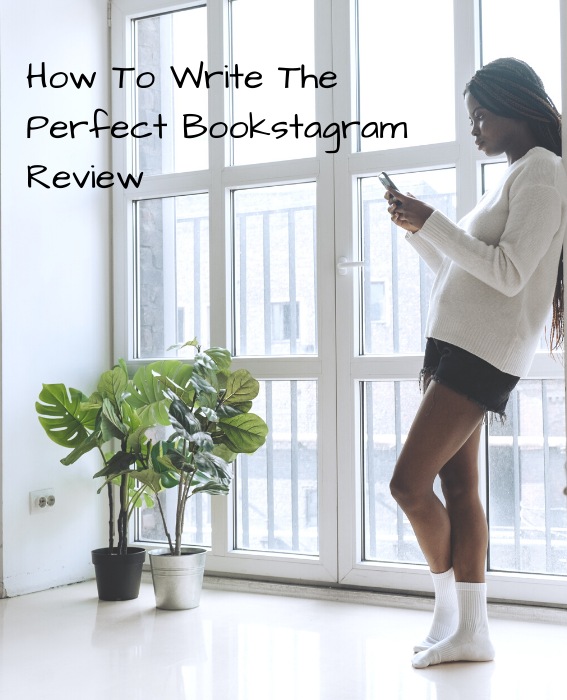Bookstagram has made everyone a critic, and we love that.
The democratisation of literary criticism has seen a rise thanks to social media and places like Bookstagram (Instagram for Books Lovers). Bookstagram has been chipping away at the misconception that only a certain class of people can have something useful to say about literature and has made everyone a critic.
But how do you critique a book in 2200 characters, make it interesting, genuine, and hopefully get people to say more than “cute pic!”?
We asked some of our favourite Bookstagrammers to share their tips for writing book reviews, staying genuine, creative and helpful to other readers. Here’s what they had to say:
Apphia - @soulflower.reading
(Trinidad & Tobago)
Back in 2018 I made the popular resolution to read more books and started sharing about the books I truly enjoyed on Instagram. I wanted to simply document my thoughts and map my reading journey.
My practical piece of advice for writing [great] book reviews is to take notes while you’re reading; anything that caught your attention and how you felt about it, jot it down at the moment because if you’re like me, as much as you try to convince yourself, you won’t remember later. Reread and flesh out or expand on your notes when you’re finished reading the book and you’re ready to write your review.
My more sentimental advice is to be genuine. I appreciate reviews that are sincere. They take on a bit of personality and are best at convincing me to read more books. And even if the review is negative, the necessary ‘why’ was asked and answered! Don’t fake the funk.
Katlen - @therosepetals__
(Cayman Islands)
Bookstagram is a safe place for many, but like other forms of social media, it can develop harmful traits in a person.
A bookstragmmer might experience the plague of comparison, the pressure to be the most “woke,” the need to constantly create content, or the urge to present an inauthentic self to become more popular or marketable.
My advice is to always remember why you started your bookstagram and to remain truthful to yourself. When you write your reviews or reflections, be authentic and honest while being conscious of your impact. People will naturally gravitate towards you, as you remain true. However, it is not about the number of followers. What really matters is the joy of creating and sharing within a community of other book lovers.
Maëlla - @ladyinsaeng
(Guadalupe)
I review like 1 out of 15 books I read because my number one rule before I review anything is: Only review when you care enough to share your honest opinion.
Only then I'll look for answers to these questions:
What did I enjoy about the themes?
What did I enjoy about character development?
What did I enjoy about the plot?
While writing the review, I try not to give away major plot twists. If it's a Caribbean book, I make sure to mention my opinion on the Caribbean culture/history/identity elements.
I don't care much about writing a summary because my goal is to share my experience as a reader and try to make others feel what I felt.
Akilah - @ifthisisparadise
(Jamaica)
Trust your voice. There is no template.
There are so many different ways to respond to a text, to get the most out of your relationship formed with it that does the work justice and gives you creative catharsis (whether the book flop or not).
Never feel that you have to go for any "traditional" critical approach. Your review could be a poem or a visual artwork. Take in other reviews, on and off, bookstagram. Find readers with varied, quality perspectives, with response styles that you like, and feel free to incorporate some of those elements into your own reviews.
In a nutshell: take care of yourself, take care of the book, then write whatever the fuck you want.
If you have a Bookstagram account, or you follow a few, what are some review tips you’d share with new Bookstagrammers?
About Rebel Women Lit
Rebel Women Lit is an open book club, turned literary community, based in Jamaica.
We focus on stories from women, non-binary persons, queer persons, and other voices that have been traditionally marginalised in publishing. Yes, everything we do is political and deliberate.
You can join the Rebel Women Lit community & if you’re a Caribbean Literary Content Creator, join our database

